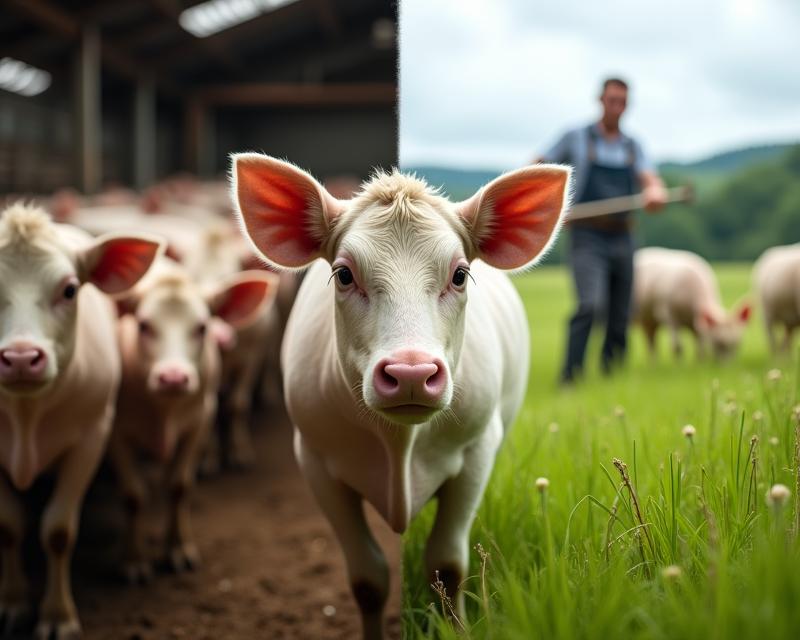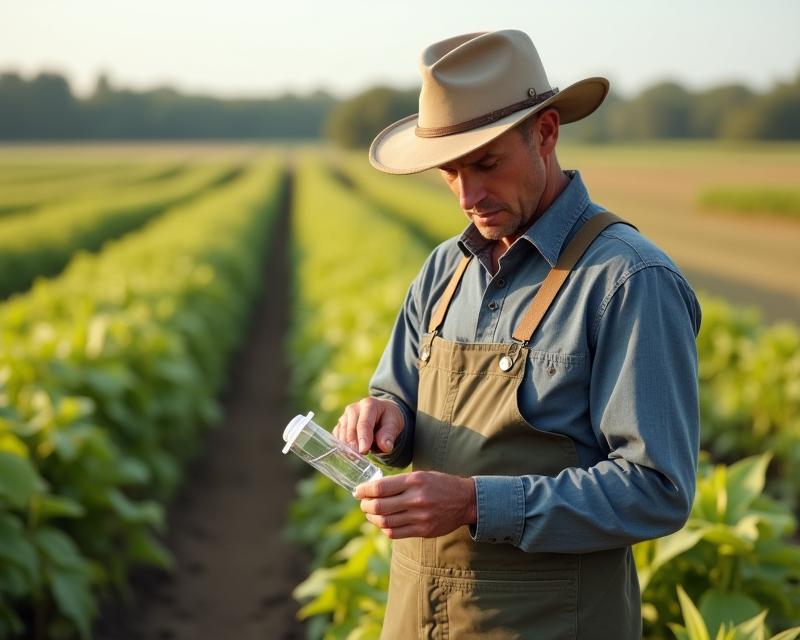Factory Farming: Ethics & Alternatives
Publish in Agriculture el 28/06/2025 22:34
The Ethics of Factory Farming and Sustainable Alternatives
Factory farming, also known as concentrated animal feeding operations (CAFOs), is a dominant force in modern agriculture. While it has significantly increased food production, it raises serious ethical concerns regarding animal welfare, environmental impact, and public health. This article explores the core issues surrounding factory farming and examines viable, more ethical alternatives.

The Problem with Factory Farming
At its core, factory farming prioritizes efficiency and profit over the well-being of animals. Animals are often confined to extremely small spaces, preventing natural behaviors like foraging, socializing, and expressing natural instincts. This leads to chronic stress, injuries, and disease. Conditions can be unsanitary, and animals are often subjected to painful procedures without adequate pain relief. The sheer scale of these operations also contributes to significant environmental problems, including water and air pollution from manure runoff, greenhouse gas emissions, and deforestation to create feed crops.
Ethical Considerations
The ethical debate surrounding factory farming centers on animal sentience – the capacity to feel pain, pleasure, and other emotions. Many argue that animals deserve a basic level of respect and should not be subjected to unnecessary suffering. Critics point to the inherent cruelty of confining animals in cramped, unsanitary conditions, denying them natural behaviors, and subjecting them to painful procedures. Furthermore, the environmental consequences of factory farming raise ethical questions about our responsibility to future generations and the planet.
Sustainable Alternatives
Fortunately, a growing movement is advocating for more sustainable and ethical farming practices. These alternatives include:
- Pasture-raised farming: Allows animals to graze on pasture, promoting natural behaviors and reducing reliance on grain-based feed.
- Organic farming: Prohibits the use of synthetic pesticides, herbicides, and fertilizers, promoting soil health and biodiversity.
- Regenerative agriculture: Focuses on rebuilding soil health, sequestering carbon, and improving water cycles.
- Cellular Agriculture: Growing meat directly from cells, bypassing the need to raise and slaughter animals. This is still in early stages but holds significant promise.
While these alternatives may sometimes result in higher production costs, they offer a more humane and environmentally responsible approach to food production. Supporting these practices through consumer choices and policy changes is crucial for creating a more sustainable and ethical food system.





